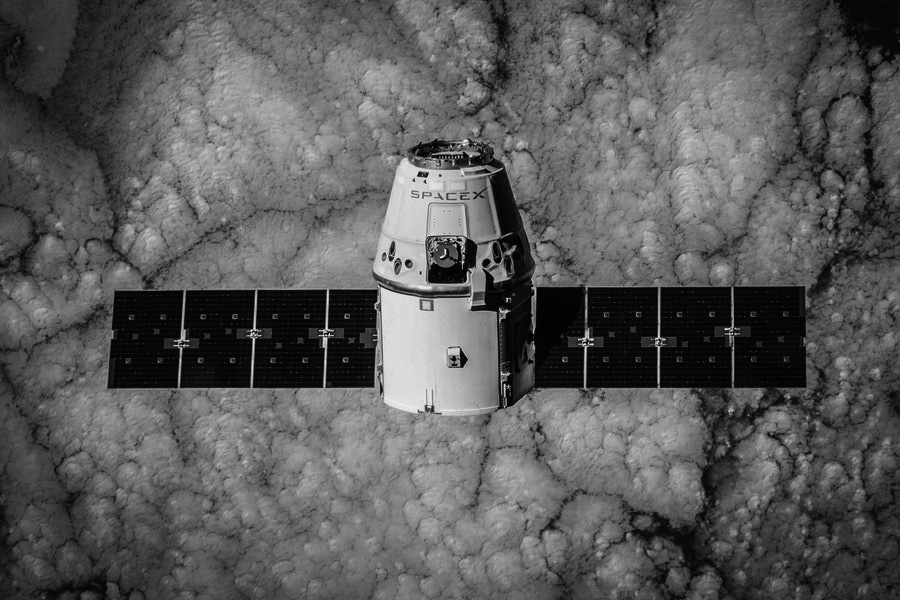In the past 18 years, after a series of spectacular and occasionally failed rocket launches, Elon Musk’s SpaceX has emerged as Silicon Valley’s next colossus, a once in a generation business in the same league as an Amazon, a Google or a Microsoft. SpaceX’s current funding round values the company at a pre-money valuation of $42bn. Yet the cognoscenti of Wall Street and Silicon Valley that I have spoken to project a potential IPO two years from now at a market cap of $120 to $150bn. Elon Musk has said that SpaceX could be more valuable than Tesla, which is valued just below $300bn on NASDAQ as I write.
The real ballast in SpaceX’s business model lies in its plan to use a constellation of 12,000 low orbit satellites to provide broadband internet access to the world’s entire population, thus disrupting the $1trn telecommunication industry’s cable and fibre optics infrastructure. This is the company’s Starlink project, which I believe will be remembered by history in the same ‘tech Valhalla’ as MS-DOS, Amazon Web Services and YouTube. Elon Musk has predicted that Starlink will ensure that SpaceX will generate an annual EBITDA of $30bn to $50bn per annum. Some of the most respected technology analysts and venture capital partners in Silicon Valley I know believe that Musk’s prediction is perfectly credible. If so, an investment in SpaceX now in the private market could be worth 10 times its current value in the next five to seven years.
SpaceX has accomplished a series of milestones in the past decade. It has dramatically reduced the cost of commercial rocket launches with its Falcon/Dragon programme and now dominates 65% of the global commercial rocket launch market. SpaceX has also dramatically reduced the cost of launching with low orbit satellites and Starlink now has 500 satellites, one fourth of all satellites in orbit.
The Starship programme promises to revolutionise international travel and thus doom the global airline industry to the fate of the horse and buggy wagon. The company is already generating $4bn plus in revenues and promises a hyper growth runway for the next decade. What is the value of a seven-year call option on humanity’s future, from global satellite internet coverage to the limitless commercial opportunities of the space economy, Star Trek’s final frontier? I have no idea. All I know is that it is several times the multiple of SpaceX’s current $42bn pre-money valuation that the Valley’s great and good will finance. That much, at least, is certain.
Starlink will enable us to access limitless data in the UAE for AED18 or $5, exactly the price of a Burger King Whopper sandwich. This is definitely more consumer friendly than current monthly packages. I can easily envisage billions of consumers worldwide scrambling to access high-speed internet access via the Starlink satellite platform, thus making it the most valuable communications network in human history. In my opinion, Starlink alone justifies the current valuation of SpaceX in the private equity market. If Starlink charges $5 a month to a billion subscribers, it generates revenues of $60bn a year and a bottom line of $30bn a year. Put a modest 15 valuation multiple on $30bn in annual earnings and Starlink could easily command a $400bn-odd valuation on Wall Street as public company.
I will be delighted to brief my friends on SpaceX and would love to hear alternate scenarios for the future of satellite based broadband internet networks. It is not often that I get a chance to invest in a company that can have such a dramatic impact on the future of human civilisation and human communication as SpaceX, hence this rhapsody of awe amid the gloom of the pandemic. My friends in San Fran tell me that this round is only $500m, so I guesstimate only a small fraction of investors will succeed in obtaining the company’s shares at a $42bn pre-money valuation. Most investors in the Gulf will have to wait until after the IPO when the company will be worth at least $200bn. This is the beauty of investing in the private capital markets in technology unicorns.
Yet even at $200bn two years from now, I bet the world’s investors will still be scrambling to buy SpaceX in their online brokerage accounts, as they did with Tesla and Netflix in the past two years.
This article was originally published on AMEinfo.







